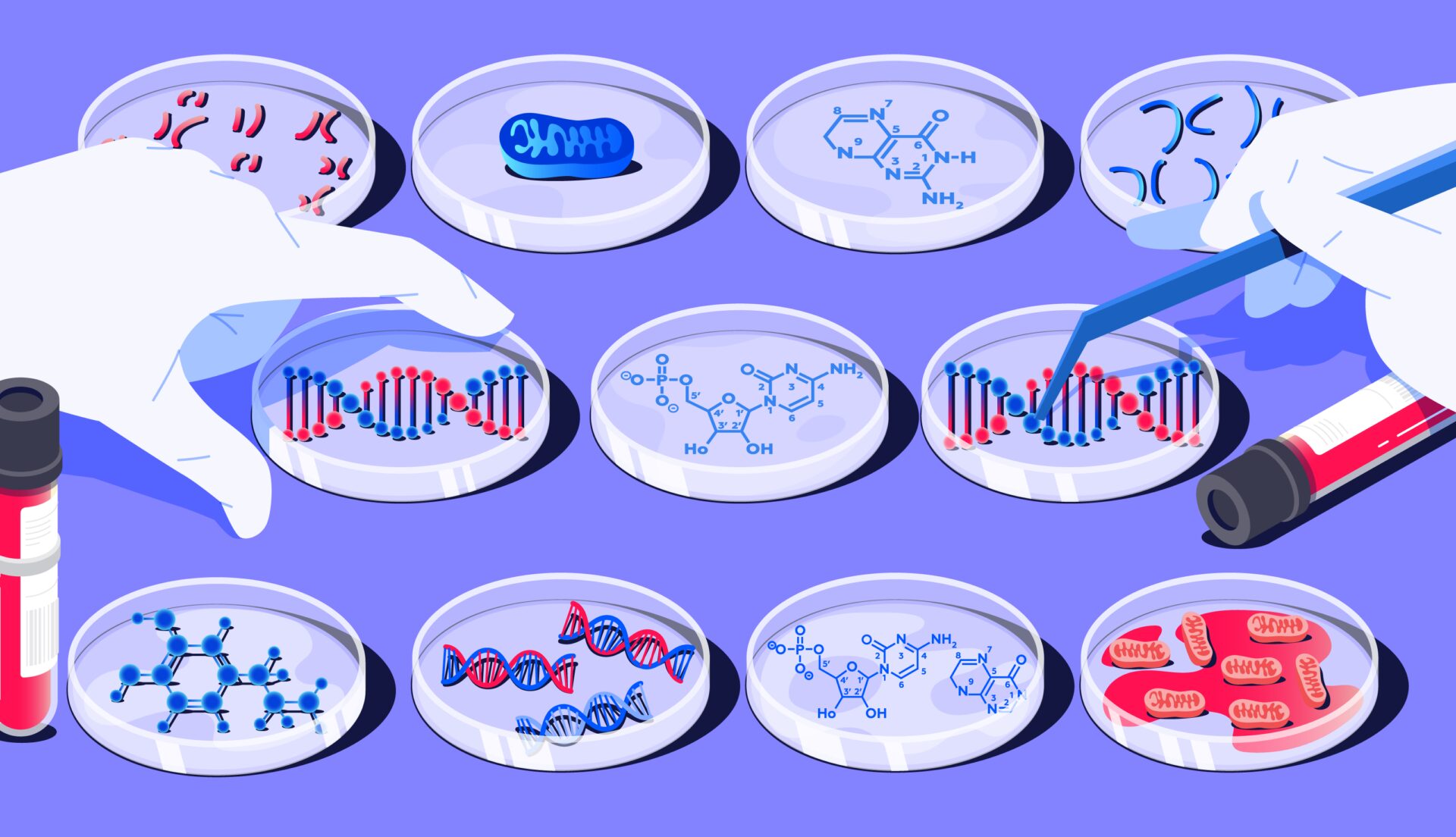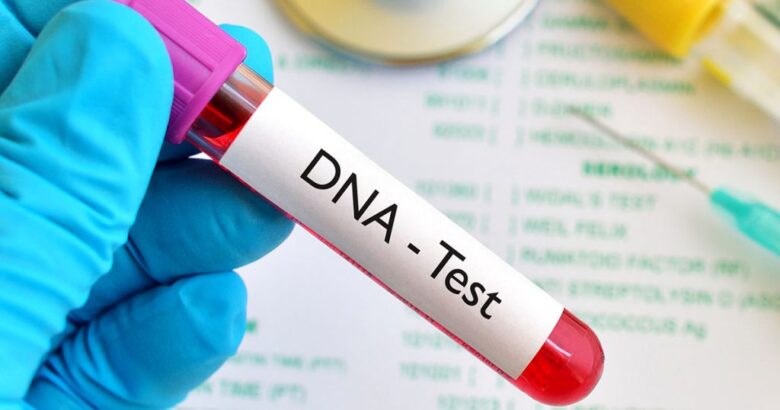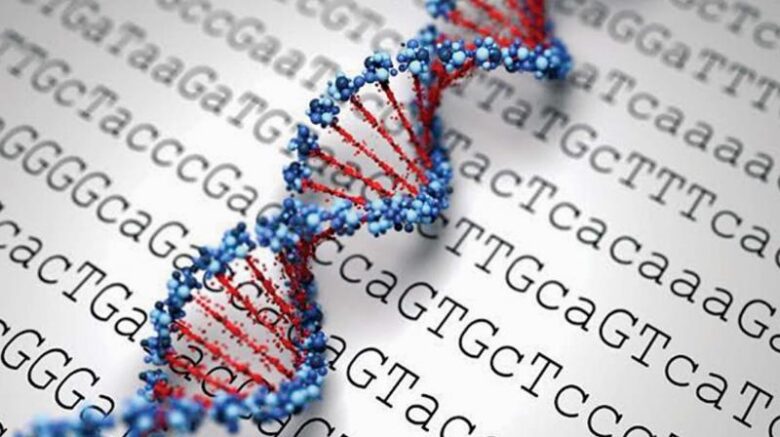
The Ethics Of DNA Testing: Understanding The Risks And Benefits Of Genetic Information
Table of Contents
In recent years, DNA testing has grown in popularity as a way for people to discover more about their history, health, and potential genetic concerns. But as this technology develops, a variety of ethical questions must be carefully considered.
While DNA tests can offer insightful information about our health and wellbeing, there are also substantial risks involved if not used properly. The ethical ramifications of DNA testing are broad and multidimensional, ranging from worries about privacy and data śsecurity to the possibility of discrimination based on genetic information.
If you are worried about how to conduct a DNA test you can also get it done right in the comfort of your home and get the result quickly. Whether considering this test for yourself or a loved one, it’s crucial to understand the potential consequences and make an informed decision about how to proceed.
We’ll explore the risks and benefits of genetic information and examine the ethical considerations that must be considered when undergoing DNA tests.
Benefits of DNA Testing

One of the primary benefits of DNA testing is the ability to better understand ancestry. This test can reveal information about family history and help connect with relatives one may not have known existed.
Additionally, DNA testing can provide insights into the health and potential genetic risks. For example, some tests can identify genes associated with increased risks of certain diseases, such as breast cancer or Alzheimer’s. Armed with this information, individuals can take proactive steps to manage their health and reduce their risk of developing these conditions.
Making better judgments about family planning is another advantage of this test. By identifying carriers of specific genetic illnesses, genetic testing enables couples to make decisions about having children who may be more likely to inherit these conditions.
Also, based on their specific genetic make-up, this test can assist people in making better educated judgments regarding their nutrition, exercise routines, and lifestyle choices.
Risks of DNA Testing

While DNA tests may provide numerous advantages, it’s important to be aware of any concerns as well. The possibility for privacy abuses is one of the biggest hazards connected with it. As genetic information is extremely private and delicate, it is essential to maintain its confidentiality.
Yet, there have been instances of DNA testing businesses selling client information to outside parties without that client’s express agreement. Also, there is a chance that Genetic data will be breached or stolen, which could result in identity theft or other types of fraud.
The potential for incorrect findings interpretation is another danger associated with it. Working with a trained healthcare practitioner is crucial if you want to completely comprehend the consequences of your test results because they are complex and subtle. Without competent interpretation and direction, people could base judgments about their health on data that is erroneous or incomplete.
Ethical Considerations in DNA Testing

The privacy implications of DNA testing are among the biggest worries. As genetic information is extremely private and delicate, it is essential to maintain its confidentiality.
Yet, there have been instances of DNA test businesses selling client information to outside parties without that client’s express agreement. Also, there is a chance that Genetic data will be breached or stolen, which could result in identity theft or other types of fraud.
It’s crucial to thoroughly read the terms and conditions of any business you choose to engage with if you want to preserve your privacy when having the test done. Find businesses who have solid privacy practices and a history of keeping client data secure.
For people and families, these discoveries can be emotionally taxing even though they can be thrilling and enriching. When undertaking the testing, it’s critical to take the possibility of effects on family relationships into account.
The Impact of DNA Testing on Privacy

The privacy implications of this testing are among the biggest worries. As genetic information is extremely private and delicate, it is essential to maintain its confidentiality.
Yet, there have been instances of this testing businesses selling client information to outside parties without that client’s express agreement. Also, there is a chance that data will be breached or stolen, which could result in identity theft or other types of fraud.
It’s crucial to thoroughly read the terms and conditions of any business you choose to engage with if you want to preserve your privacy when having testing done. Find businesses who have solid privacy practices and a history of keeping client data secure.
To further safeguard your privacy, think about sending your sample under a pseudonym or another anonymous identifier.
The Legal Implications of Testing
The legal implications of DNA testing are complex and multifaceted. There are few federal laws governing genetic testing in the United States, and regulations vary widely from state to state. However, there are some legal protections in place to prevent discrimination.
The Genetic Information Nondiscrimination Act (GINA) prohibits employers and health insurance companies from discriminating against individuals based on their genetic information. However, GINA does not apply to life insurance, disability insurance, or long-term care insurance, leaving individuals potentially vulnerable to discrimination in these areas.
Understanding the legal implications of this testing before undergoing testing is essential. Consider consulting with a qualified attorney or counselor to fully understand your legal rights and protections.
Genetic Discrimination and Testing

One of the most significant ethical concerns surrounding this test is the potential for genetic discrimination. Genetic discrimination occurs when individuals are treated unfairly based on their information.
For example, an employer may choose not to hire an individual based on their genetic predisposition to a certain condition. Additionally, insurance companies could use data to deny coverage or charge higher premiums to individuals with certain traits or conditions.
To protect against genetic discrimination, it’s essential to understand your rights and protections under the law. Additionally, consider carefully reading the terms and conditions of any DNA testing company you choose to work with to ensure that your information remains confidential and is not shared with third parties without your explicit consent.
How to Make Informed Decisions About Testing

With the potential risks and benefits of this test, it’s essential to make informed decisions about whether to undergo the test. Before undergoing the test, consider weighing the potential risks and benefits carefully and consult with a qualified healthcare professional or counselor.
Additionally, thoroughly research any DNA testing company you choose to work with, paying particular attention to their privacy policies and track record of protecting customer data.
If you decide to undergo a DNA test, consider taking steps to protect your privacy, such as using an anonymous identifier or pseudonym when submitting your DNA sample. Additionally, carefully review your results with a qualified healthcare professional or counselor to fully understand the implications of your genetic data.
Alternatives to DNA Test
If you’re concerned about the potential risks of this test, alternative options are available. For example, some healthcare providers offer traditional genetic tests, which analyze a specific gene or set of genes for mutations or abnormalities.
Additionally, some ancestry services offer family history research without this test, which can still provide valuable insights into your ancestry and family history.
It’s essential to carefully consider all of your options and weigh the potential risks and benefits before making a decision about genetic testing.
Conclusion
DNA tests offer valuable insights into our ancestry, health, and potential risks. However, with these benefits come significant risks and ethical considerations that must be carefully examined.
From concerns about privacy and data security to the potential for genetic discrimination, it’s crucial to make informed decisions about whether to undergo a DNA test and to take steps to protect your privacy and data.
By carefully weighing the potential risks and benefits and consulting with qualified professionals, individuals can make the right decision for themselves and their families.
